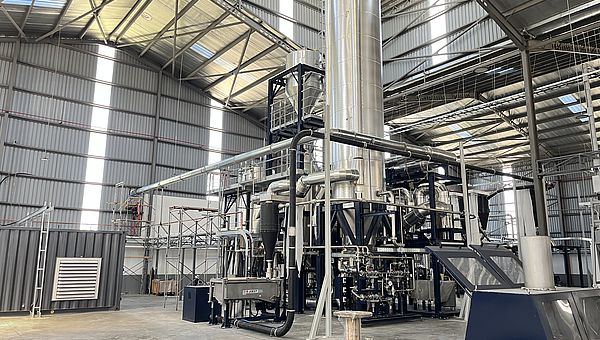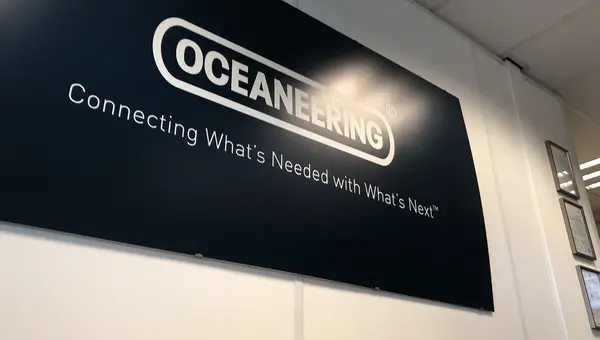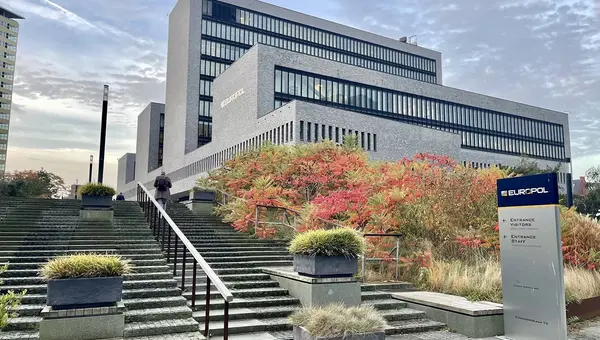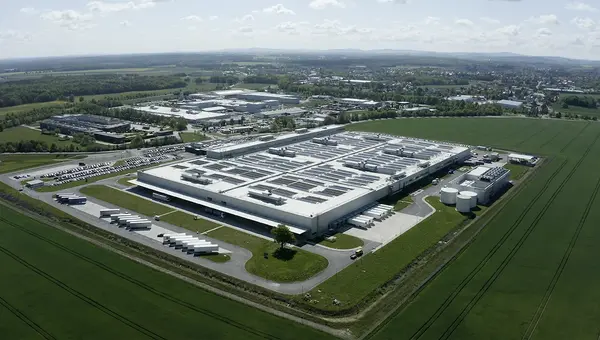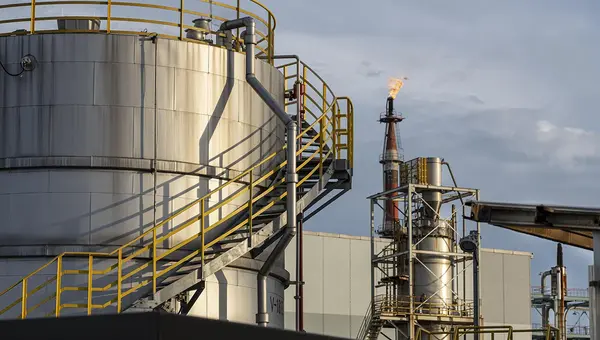Reducing Financial Exposure of Energy Commodities for Energy & Infrastructure
| Project owner: | International Oil Company |
| Project industry: | Energy & Infrastructure |
| Project services: | Operational Excellence |
| Project completion: | 2015 |
| Project duration: | 12 Months |
Disclaimer
The Experiences presented below were undertaken by the founders and partners of Waste2Value in their individual professional capacities, prior to the formation of the company. Waste2Value was not directly contracted or engaged to deliver these assignments. These Experiences are shared to illustrate the depth of in-house expertise we bring to our clients and to highlight the quality, rigour, and impact that underpin our approach to every engagement.
Outcomes
| Metric | Before | After |
|---|---|---|
| Data Collation Time | 4–6 days | < 24 hours |
| Accuracy for Early Access | N/A | 95% |
| Annual Cost Savings | N/A | £2M |
| Trading Responsiveness | Limited | Real-time enabled |
Results
- The time required for data collation was reduced from four to six days to under 24 hours, enabling the trading desk to make quicker and more informed decisions.
- This efficiency gain significantly minimized the company’s exposure to price fluctuations, leading to annual savings of £2M.
- The improved system not only enhanced operational efficiency but also positioned the company to respond more effectively to market dynamics, giving it a competitive edge in the volatile oil trading environment.
Discover More Experiences
Explore our experience in this industry that have helped companies tackle real-world challenges.
1/3
